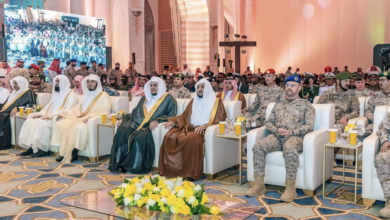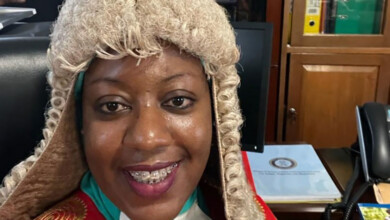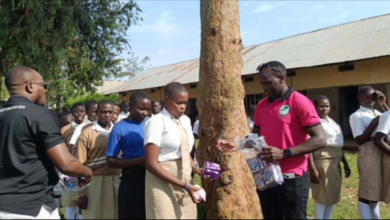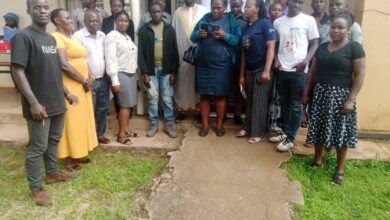Mubaje Shuffles UMSC Staff

The Mufti, Sheikh Ramadhan Mubajje has shuffled Uganda Muslim Supreme Council (UMSC), administrative workers, a move he contends is in line with the new Muslim body’s constitution.
The changes announced last week saw Sheikh Imran Ssali who has been in charge of Da-awa being elevated to the position of Secretary for Religious Affairs, replacing Sheikh Murshid Luwemba, who has been moved to the Da-awa department.
His communication of the changes punctuated with several verses from the Qur’an ostensibly to calm the affected officers, Mubaje implored the UMSC heads of departments to heed the changes since they were part of the consultations that culminated into the amendment and promulgation of the new UMSC constitution.
“It is incumbent for all of us to respect and adhere to the provisions of our new constitution,” Mubajje said.
The changes have also seen Haj Wahab Rugasa, the longest-serving UMSC officer sent into retirement.
Rugasa joined the UMSC workforce in 1987 as the administrative secretary. Rugasa clocked retirement age some years back but was given a service contract until last week when the Mufti retired him.
Others who have retired include Sheikh Munir Ssebintu (Secretary for Halal) and Musa Lukwiya [Secretary for Awqaf (endowments)].
Mubaje explained that the trio had clocked the retirement age of 60 years and their continued service at the council would be contrary to the new constitution.
Commenting on the development, UMSC secretary general Haji Ramathan Mugalu said, “All these developments have been done in good faith towards the maintenance of the council’s reputation and image.”
Mugalu said Ssali and Luwemba will serve in acting capacities pending approval by the relevant UMSC organs.






